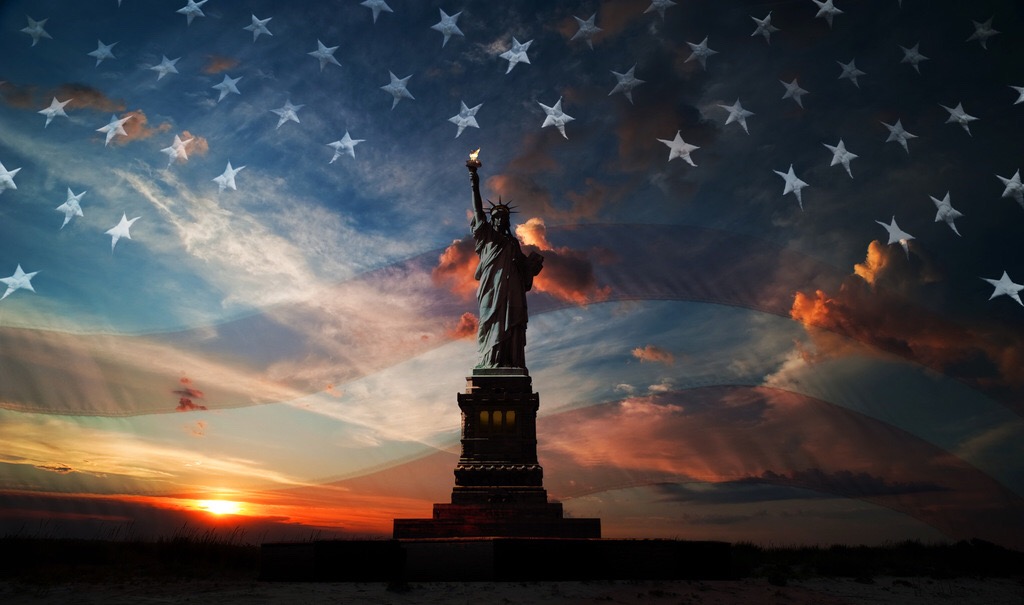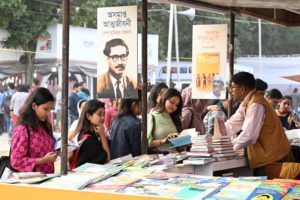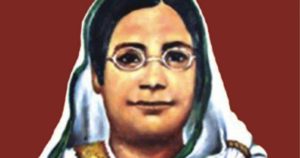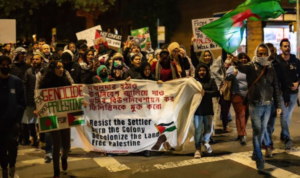What Does Being American Mean to Bengali American Immigrants?

By Shaolin Barid
As the United States celebrates the Fourth of July and the birth of American nationality, we ponder about the struggle of achieving that sense of identity as Bengali Americans, and what it means to be an American.

I often ask my parents, who are Bengali American immigrants, about their opinions of the U.S. and issues within the country. I don’t necessarily get the most detailed responses, or even the most educated, but I take into account every little obstacle my parents have faced in order to gain American citizenship and contribute to the ever-changing American society before I even think to question how they see the world. They have gone through so much to establish their positions and to overcome negative attitudes about who they are and who they should be.
I was lucky enough to be raised in a multitude of settings, whereby I do not have to question my authenticity as an American. I feel brave and open enough to discuss important American matters.
My parents, on the other hand, do not feel the same way. They vote, they participate, they observe, and they contribute to whatever extent they feel necessary. But they do so in a manner as to not overstep an invisible boundary they feel they have as immigrants who became Americans much later in their lives.
So, what does being American mean to someone who is apathetic to the struggles of America despite being an incredible symbol of the American struggle?
It means having a great depth of hope for peace and latching on to the threads of the ephemeral “American Dream.” The concept of “rags to riches” was always a selling point of the U.S. and at its behest, many Bengali Americans blindly follow it and the parasitic construction of American growth.
My American struggle represents the ashes of a dead dream, a dream that my parents and so many Bengali parents still hold on to. Many understand what this feeling is like—to know the fate of living for a myth yet trodding through its shortcomings for the sake of an older Bengali generation that may not yet have accepted why the process is not as simple.
I want my parents to feel the effect of the American dream, even though in the back of my mind, I know it does not exist. To me, the Fourth of July is a celebration of the American struggle that my family has prevailed through and the continuation of the futile hope for a “rags to riches” story.
Read More
The Legacy of Boi Mela
Every year in February, the month-long national book fair welcomes...
Read MoreMillennial Amma: How to Explain a Global Crisis As a Parent
Rumki Chowdhury shares tips for how to talk to children...
Read MoreBegum Rokeya’s Millennials
A tribute to a pioneering Bengali feminist writer, educator and...
Read More



